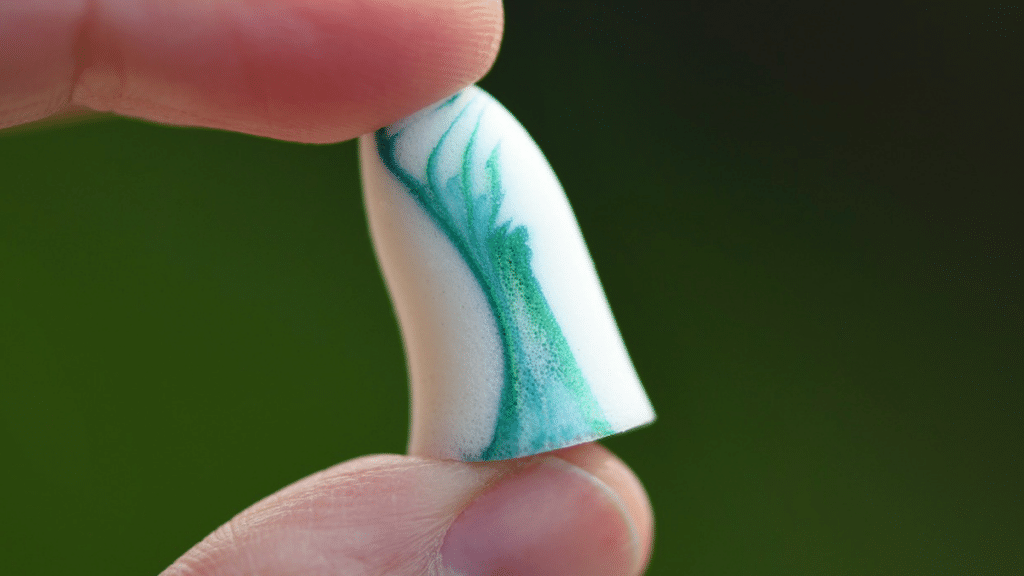Our ears play a vital role in connecting us to the world, enabling us to hear the voices of loved ones, enjoy music, and be alerted to potential hazards. Yet many of us take our ear health for granted. Developing good ear care habits is essential for protecting this precious sense and preventing problems ranging from minor irritation to permanent hearing loss. This article outlines key tips everyone should follow to keep their ears clean, clear, and functioning properly for years to come.
1. Use Earplugs in Loud Environments
One of the top reasons people in the UK suffer hearing damage is exposure to excessive noise. Concerts, clubs, construction sites, factories – these venues often subject ears to decibel levels high enough to gradually degrade the tiny hair cells inside that transmit sounds to the brain. Make hearing protection a priority by always carrying a pair of moulded or foam earplugs when headed somewhere noisy for extended periods. Wearing them even half the time will significantly reduce harm.
2. Keep Ears Dry After Bathing and Swimming
While moisture is beneficial for skin, it’s detrimental inside one’s ears. Lingering wetness from showers, baths and swimming pools can breed bacteria and fungi, raising infection risk. Furthermore, trapped water after swimming makes it easier for pathogens to enter the ear canal and cause “swimmer’s ear” (otitis externa). Get in the habit of gently drying your outer ears with a clean towel after contact with water. Tilt each one downward and allow residual liquid to escape rather than settle inside. Be extra diligent when drying after swimming and consider using earplugs that keep water out altogether if regular infections occur.
3. Earwax Removal Should be Done Professionally
Earwax, known medically as cerumen, accumulates naturally as older cells migrate outwards from the eardrum and exit the ear canal. While the wax serves protective antibacterial purposes, a build-up can cause temporary hearing loss and a plugged sensation. Many make the mistake of trying to dig it out with cotton swabs, bobby pins, car keys, or other unsafe items. This often forces wax deeper in while scratching the delicate canal lining. For safe removal, make an appointment with a hearing care specialist, like the ones at www.hearclearni.co.uk, and allow the trained professional to irrigation syringe it out. Alternatively, they may recommend over-the-counter wax-softening eardrops to break it down so your body can clear it naturally. Whatever you do, never put foreign objects down your ears – leave the extraction to the experts!
4. Get Your Ears Checked Annually
It’s easy to ignore your ears since any issues are not visually apparent. However, an annual ear examination should be part of everyone’s routine health maintenance. The GP looks for build-up, redness signalling infection, eardrum perforations, and other problems that otherwise go unnoticed. Hearing tests are also often performed to measure any sound sensitivity decrease over time – catching declines early allows for intervention. Those with hearing aids should visit the audiologist to keep equipment properly adjusted as well. Annual checks assure any problems get appropriate early treatment.
Your ears work tirelessly to connect us to loved ones, music and the world around us. Following proactive daily and yearly care tips like minimising noise damage, keeping ears dry, avoiding unsafe at-home wax removal and getting a yearly exam preserves their function for decades to come.
